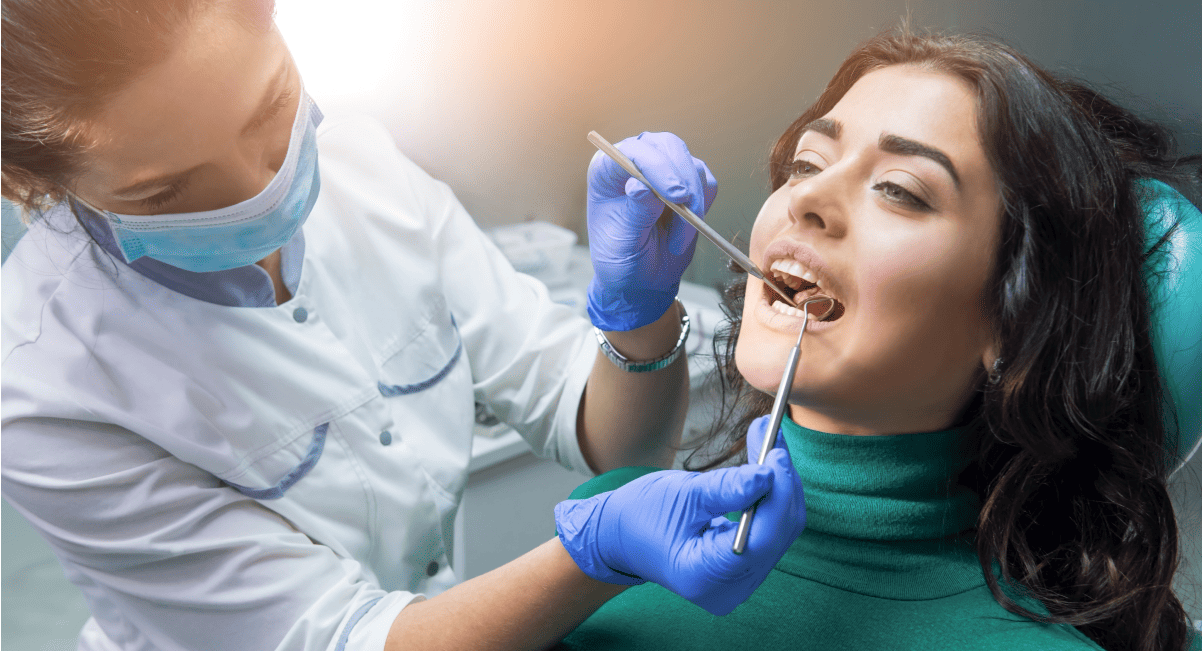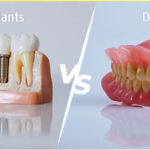Maintaining a healthy, radiant smile requires more than just brushing your teeth twice a day. Preventive dentistry is the cornerstone of long-term oral health. It focuses on avoiding dental issues before they arise rather than treating them after they’ve caused damage. Through regular dental checkups, cleanings, and consistent at-home care, preventive dentistry can save your smile—and your wallet.
In this article, we’ll explore what preventive dentistry is, why it matters, what services it includes, and how it contributes to your overall well-being.
What Is Preventive Dentistry?
Preventive dentistry refers to the practice of caring for your teeth and gums to keep them healthy and prevent dental problems such as cavities, gum disease, enamel wear, and more. It involves a partnership between the patient and dental professionals to proactively manage oral health through education, early detection, and routine maintenance.
Core Goals of Preventive Dentistry
- Prevent cavities and tooth decay
- Stop gum disease before it progresses
- Detect oral health issues early
- Preserve natural teeth for a lifetime
- Reduce the need for expensive dental procedures
Why Preventive Dentistry Is Crucial
Many people delay dental visits until they experience pain or discomfort. However, preventive dentistry emphasizes early detection and treatment—often before any symptoms are noticeable.
Prevents Major Dental Problems
By catching issues such as cavities or gingivitis early, dentists can use non-invasive treatments instead of more complex procedures like root canals or tooth extractions.
Saves Money in the Long Run
Preventive care typically includes low-cost treatments like cleanings and checkups. In contrast, treating neglected dental issues can involve significant expenses for surgeries, crowns, or implants.
Promotes Better Overall Health
Oral health is closely linked to systemic health. Poor dental hygiene has been associated with:
- Cardiovascular disease
- Diabetes complications
- Respiratory infections
- Low birth weight in infants
Key Components of Preventive Dentistry
Preventive dentistry includes a variety of practices—both in the dental office and at home.
Professional Dental Checkups
Routine visits (typically every 6 months) allow your dentist to:
- Examine for cavities, gum disease, and oral cancer
- Take X-rays to monitor hidden problems
- Provide deep cleaning (scaling and polishing)
- Offer fluoride treatments to strengthen enamel
At-Home Oral Care Routine
Preventive care doesn’t stop when you leave the dental office. Dentists recommend:
- Brushing twice a day with fluoride toothpaste
- Flossing daily to remove plaque between teeth
- Using mouthwash to reduce bacteria
- Eating a tooth-friendly diet low in sugar and high in calcium
- Avoiding tobacco and excessive alcohol consumption
Preventive Dentistry for Different Age Groups
Preventive dentistry benefits all age groups, though the approach may vary by life stage.
Children and Teenagers
- Dental sealants protect against cavities in molars
- Fluoride treatments strengthen developing teeth
- Orthodontic evaluations ensure proper tooth alignment
Adults
- Focus on preserving enamel and gum health
- Monitor for signs of bruxism (teeth grinding) or tooth erosion
- Early detection of gum disease or oral cancer
Seniors
- Prevent dry mouth from medications
- Maintain remaining natural teeth or monitor dentures
- Screen for oral cancer and bone loss
Common Preventive Dentistry Services
Here are some standard services provided in preventive dental care:
| Service | Purpose |
|---|---|
| Dental Cleanings | Remove plaque and tartar |
| Fluoride Treatments | Strengthen enamel and prevent decay |
| Dental Sealants | Protect chewing surfaces of molars |
| Oral Cancer Screenings | Detect abnormalities early |
| X-rays | Identify issues below the surface |
| Patient Education | Teach brushing/flossing techniques |
Role of Diet in Preventive Dentistry
Your dietary choices play a big role in your oral health. Foods high in sugar and starch feed bacteria in the mouth, which can lead to plaque buildup and decay.
Best Foods for Your Teeth
- Dairy products (rich in calcium)
- Leafy greens
- Crunchy fruits and vegetables like apples and carrots
- Water with fluoride
Foods to Avoid or Limit
- Sugary drinks like soda
- Sticky candies
- Acidic foods that erode enamel
- Alcohol and tobacco products
Technology in Preventive Dentistry
Advancements in dental technology have enhanced preventive care:
- Digital X-rays offer better imaging with less radiation
- Intraoral cameras help detect issues in hard-to-see areas
- AI-assisted diagnostics provide faster and more accurate assessments
- Laser cavity detection can spot early decay before it’s visible to the eye
The Psychological Impact of a Healthy Smile
Preventive dentistry not only protects your teeth—it also boosts your confidence. A bright, healthy smile can improve:
- Self-esteem
- Social interactions
- Professional appearance
Investing in your oral health now pays dividends in every area of life.
Conclusion
Preventive dentistry is the foundation of lifelong oral health. Regular checkups, proper hygiene, and a balanced diet are simple yet powerful tools to protect your teeth and gums. By staying proactive and prioritizing prevention, you reduce the risk of serious dental issues, avoid costly treatments, and enjoy the benefits of a confident, healthy smile.
Your smile is worth protecting—don’t wait for problems to arise. Take action today with preventive dentistry and keep your smile shining for years to come.
FAQs
1. How often should I visit the dentist for preventive care?
Most people should see a dentist every 6 months for a checkup and cleaning. Some individuals may require more frequent visits depending on their oral health.
2. Are dental X-rays safe?
Yes, modern digital X-rays use very low levels of radiation and are considered safe, especially when performed periodically for preventive purposes.
3. What are dental sealants, and who needs them?
Dental sealants are thin coatings applied to the chewing surfaces of molars to prevent cavities. They’re especially recommended for children and teens.
4. Can gum disease be prevented?
Yes. Daily brushing, flossing, and regular dental cleanings can prevent gum disease or detect it early enough to reverse the damage.
5. What happens if I skip preventive dental visits?
Neglecting regular checkups increases the risk of tooth decay, gum disease, and other dental problems. Early issues may go unnoticed until they become severe and costly to treat.





